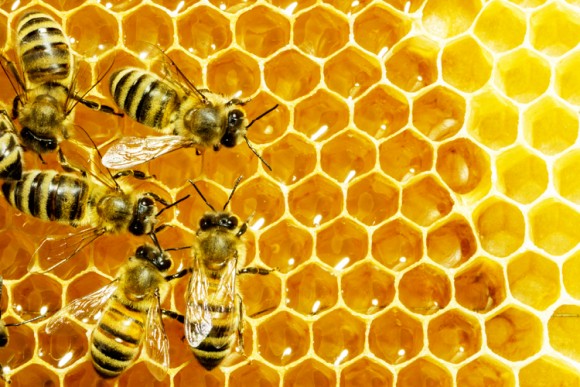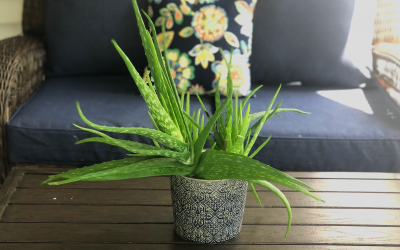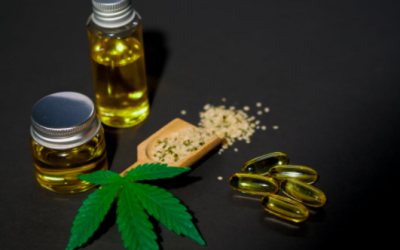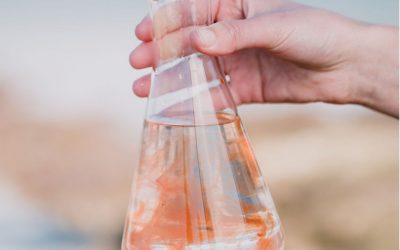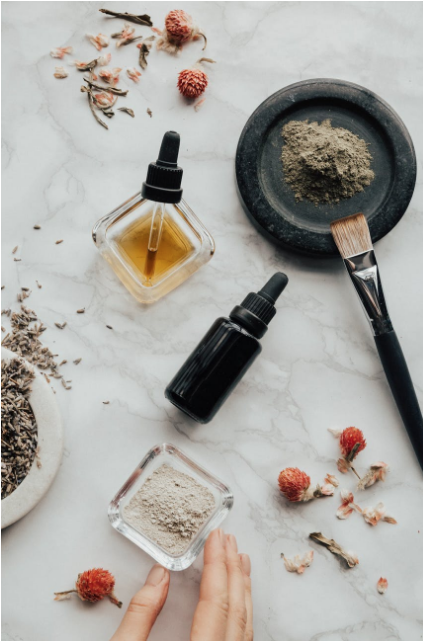
Photo: Courtesy of salon.con.
You might have noticed bee pollen popping up pretty much everywhere (and if you haven’t, we’re sure you will soon!). Whether at your neighborhood health food store, such as Healthfully Organic Market, or your the favorite juicery, such as Madhufalla, bee pollen seems to be this season’s newest health trend. Even restaurants are jumping on the bandwagon, with Cosme, Enrique Olvera’s Mexican-inspired restaurant, serving the Anti-Histamine cocktail, a bee-pollen infused stunner. But despite all the hype surrounding the stuff, does it actually have any health benefits? Results, unfortunately, are inconclusive.
Though many might assume that bee pollen comes in powder form (as I mistakenly did), stores actually sell it in balls that have been packed into pellet form by busy worker bees. All bee pollen is 100% natural and made by actual worker bees — when bees are fed synthetic, manmade pollen in laboratories, the insects almost always die. The pollen is filled with almost all of the essential nutrients humans need to survive including vitamins, minerals, carbohydrates, lipids, protein, and amino acids. It’s no wonder that foodies are eager to incorporate it into everything from green juices to fish dishes.
But back to that pressing question: Does it have any health benefits? Aside from providing you with tons of nourishment in the form of fundamental healthy carbs and minerals, scientists haven’t found that bee pollen acts much differently than your average multivitamin. Health conscious blogs and websites claim that the pellets assuage a wide range of ailments including menopause, infertility, weight fluctuation, digestive problems, cardiovascular issues and addiction. While the Mayo Clinic claims that overall, bee pollen is safe for consumption, and may even be used by children as young as six years old, there is no proof that the pellets prevent or cure any of the aforementioned problems. Those with pollen and bee venom allergies are even at risk of having a serious reaction.
Let this be a cautionary tale to those who are interested in trying bee pollen. Though it may have a few basic benefits, so do regular vitamins!
– by Nicole Piquant

